-
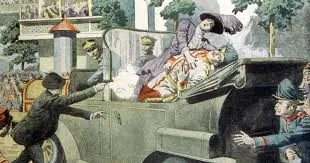 triggered a chain reaction through Europe's complex alliance system
triggered a chain reaction through Europe's complex alliance system -
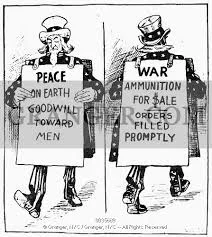 preserving the economy through profitable trade with both sides, maintaining national unity despite significant immigrant populations with ties to the warring nations, and allowing the U.S. to avoid the "entangling alliances" that many Americans saw as a cause of the war. This policy was crucial for fostering economic growth and positioning the U.S. for a potentially influential role in post-war negotiations.
preserving the economy through profitable trade with both sides, maintaining national unity despite significant immigrant populations with ties to the warring nations, and allowing the U.S. to avoid the "entangling alliances" that many Americans saw as a cause of the war. This policy was crucial for fostering economic growth and positioning the U.S. for a potentially influential role in post-war negotiations. -
 halted the German army's rapid advance on Paris in September 1914, saving the city and ending Germany's hope for a quick victory
halted the German army's rapid advance on Paris in September 1914, saving the city and ending Germany's hope for a quick victory -
 for its massive casualties, which made it a symbol of the horrors of trench warfare and French national sacrifice
for its massive casualties, which made it a symbol of the horrors of trench warfare and French national sacrifice -
 it significantly swayed American public opinion against Germany, increasing pressure on the U.S. government to enter World War I.
it significantly swayed American public opinion against Germany, increasing pressure on the U.S. government to enter World War I. -
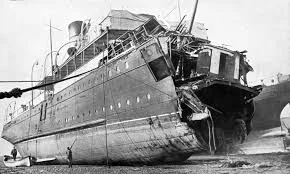 for its massive casualties, which made it a symbol of the horrors of trench warfare and French national sacrifice
for its massive casualties, which made it a symbol of the horrors of trench warfare and French national sacrifice -
 symbolic representation of trench warfare's brutality and high human cost, despite its minimal territorial gains
symbolic representation of trench warfare's brutality and high human cost, despite its minimal territorial gains -
 it publicly revealed Germany's hostile intentions toward the United States, swaying American public opinion against Germany and becoming a key factor that led the U.S. to declare war in April 1917
it publicly revealed Germany's hostile intentions toward the United States, swaying American public opinion against Germany and becoming a key factor that led the U.S. to declare war in April 1917 -
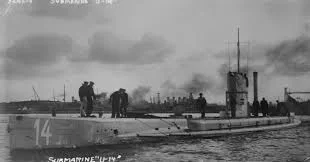 it was a tactical gamble by Germany that ultimately backfired, leading to the United States entering World War I and contributing to the Allied victory
it was a tactical gamble by Germany that ultimately backfired, leading to the United States entering World War I and contributing to the Allied victory -
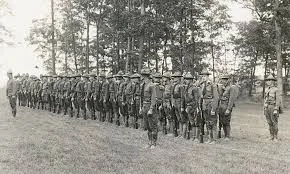 it tipped the balance in favor of the Allies
it tipped the balance in favor of the Allies -
 it allowed the U.S. government to draft citizens into military service
it allowed the U.S. government to draft citizens into military service -
 suppressing dissent during wartime and safeguarding national security information
suppressing dissent during wartime and safeguarding national security information -
 provided fresh troops and resources to the exhausted Allied forces, turning the tide of World War I
provided fresh troops and resources to the exhausted Allied forces, turning the tide of World War I -
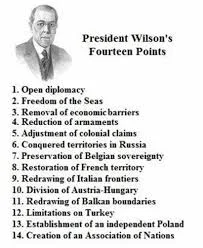 they laid out President Woodrow Wilson's vision for a post-World War I peace based on ideals like open diplomacy, free trade, and self-determination, and included the proposal for a League of Nations to ensure collective security
they laid out President Woodrow Wilson's vision for a post-World War I peace based on ideals like open diplomacy, free trade, and self-determination, and included the proposal for a League of Nations to ensure collective security -
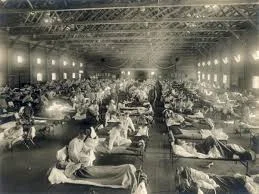 it was the deadliest in recent history, causing tens of millions of deaths globally and significantly shortening life expectancy
it was the deadliest in recent history, causing tens of millions of deaths globally and significantly shortening life expectancy -
 allowed Germany to transfer troops to the Western Front, significantly intensifying the fighting there, while also causing Russia to cede vast territories and sparking a brutal Russian Civil War.
allowed Germany to transfer troops to the Western Front, significantly intensifying the fighting there, while also causing Russia to cede vast territories and sparking a brutal Russian Civil War. -
 it was a major test of the First Amendment's guarantees of free speech and press and sparked intense political debate.
it was a major test of the First Amendment's guarantees of free speech and press and sparked intense political debate. -
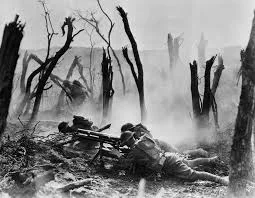 it was the final major Allied offensive of World War I, involving the largest American operation of the war and ultimately contributing to the German defeat and the signing of the armistice on November 11, 1918.
it was the final major Allied offensive of World War I, involving the largest American operation of the war and ultimately contributing to the German defeat and the signing of the armistice on November 11, 1918. -
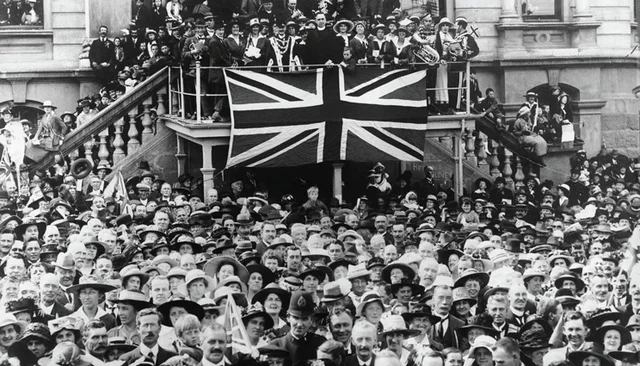 the day symbolized both relief and sadness for the immense loss of life, leading to its commemoration as Remembrance Day or Veterans Day.
the day symbolized both relief and sadness for the immense loss of life, leading to its commemoration as Remembrance Day or Veterans Day. -
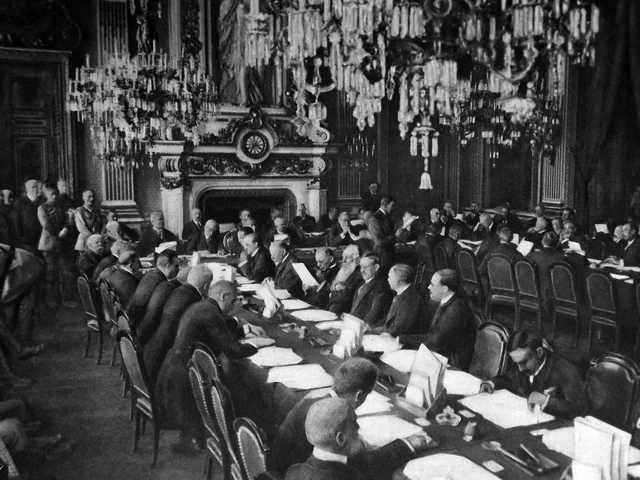 The Paris Peace Conference was important for ending World War I and reshaping Europe, while the Treaty of Versailles was its most significant outcome, imposing harsh terms on Germany and creating the League of Nations.
The Paris Peace Conference was important for ending World War I and reshaping Europe, while the Treaty of Versailles was its most significant outcome, imposing harsh terms on Germany and creating the League of Nations.
